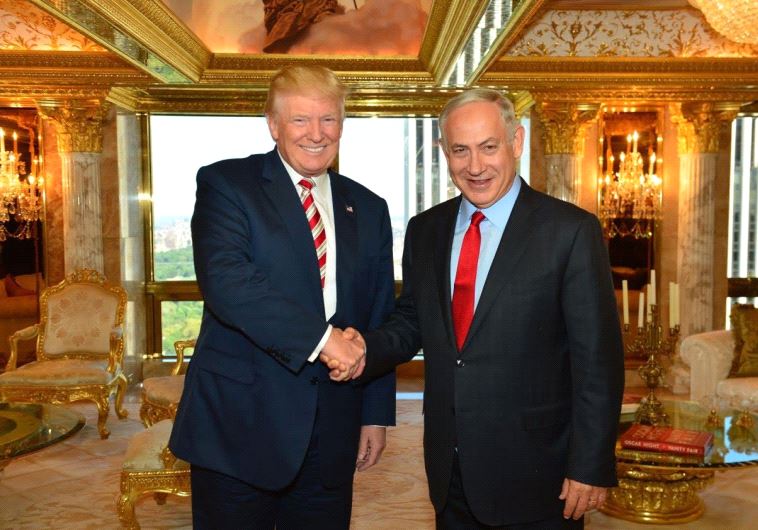Analysis: Interpreting Netanyahu's meetings with Clinton and Trump
Netanyahu's desire to meet with both candidates did not necessarily meanm, as some argued, that he was subtly choosing sides
 Donald Trump and Benjamin Netanyahu meet at the Trump tower(photo credit: KOBI GIDON / GPO)Updated:
Donald Trump and Benjamin Netanyahu meet at the Trump tower(photo credit: KOBI GIDON / GPO)Updated: